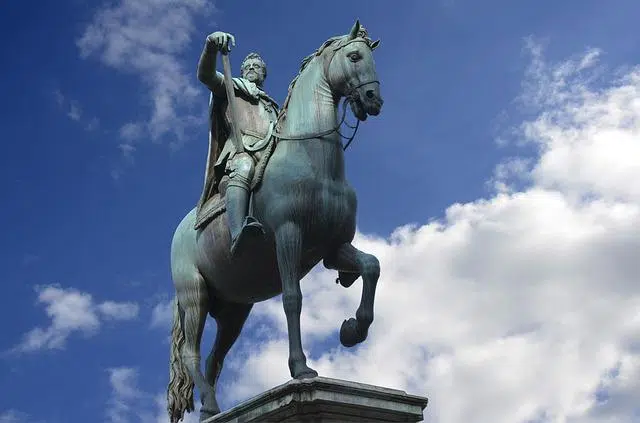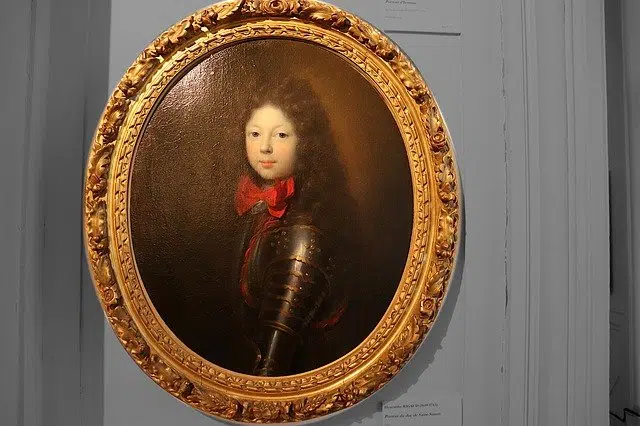
A duke is an individual distinguished by a monarch.
A duke is an individual who holds the highest title of nobility . This recognition, higher than that obtained by a marquis , is usually granted by a monarch to express his gratitude or to distinguish descendants of the royal family who are not heirs.
The etymology of duke takes us to the French duc , in turn derived from the Latin dux (which can be translated as "general" ). The dukedom is the lordship of the duke, whose feminine version is a duchess .
Duke's treatment
Members of royalty must be named in a particular way, with a specific treatment that reflects the importance of their position and distinguishes it from those below (if we think about judges, for example, we cannot call them by name). their first name nor is it advisable to use their full names, but "Your Honor" ). In the particular case of dukes in Spain , people should address them as "Excellent Lord."
Protocol addresses have been used in monarchies for centuries to refer to the occupants of different roles, such as the monarch (which could be an emperor or empress, a king or queen, a reigning prince or sovereign, a great duke, etc.), but also to those people who are part of the royal family (the queen consort or her consort , the prince or princess who will inherit the crown, the rest of the children and also the grandchildren) and some of the members of the nobility (grands, lords, dukes, marquises, counts, viscounts, barons and lords, among others, depending on the country and the time).

The dukes are members of the nobility.
Noble recognition
In Roman times, the Doge was the one who led the army. As lands were usually given to those generals who triumphed in the war, the title began to transform into a noble recognition. The division of territories into counties left the dukes as the most important nobles in various regions. The title also became hereditary in numerous places.
Nowadays, noble titles are symbolic and have an honorary character. In the United Kingdom and Spain , for example, dukes are still part of royalty .
Other titles similar to duke
In addition to the title of duke, itself, we find other forms that contain this word but refer to different noble titles:
* Grand Duke , for example, is a title above Prince , although below Grand Prince and King;
* The noble title of Archduke was used in Austria to designate a position higher than that of Duke and was granted to all descendants of the Habsburg family . Only kings and emperors surpassed him in importance;
* Thirdly we have the title of Count-Duke , which is formed by merging one of Count with a new one, of Duke.
Some examples
Prince Edward is the Duke of Kent , a title he inherited in 1942 upon the death of his father ( Prince George ). The Duke of York , meanwhile, is Prince Andrew , the son of Queen Elizabeth II .
In Spain , we can mention the Duke of Alba de Tormes ( Carlos Juan Fitz-James-Stuart y Martínez de Irujo ), the Duke of Marchena ( Juan Jacobo Walford Hawkins y Borbón ) and the Duke of Seville ( Francisco de Paula Enrique de Borbón y Escasany ), among others.
Benito Mussolini , the Italian nationalist leader who served as President of the Council of Royal Ministers from 1922 to 1943 and then guided the Social Republic until he was assassinated, called himself "The Duke" . The regime he was in charge of was totalitarian and was part of the period of Italian fascism , one of the most regrettable in history .
